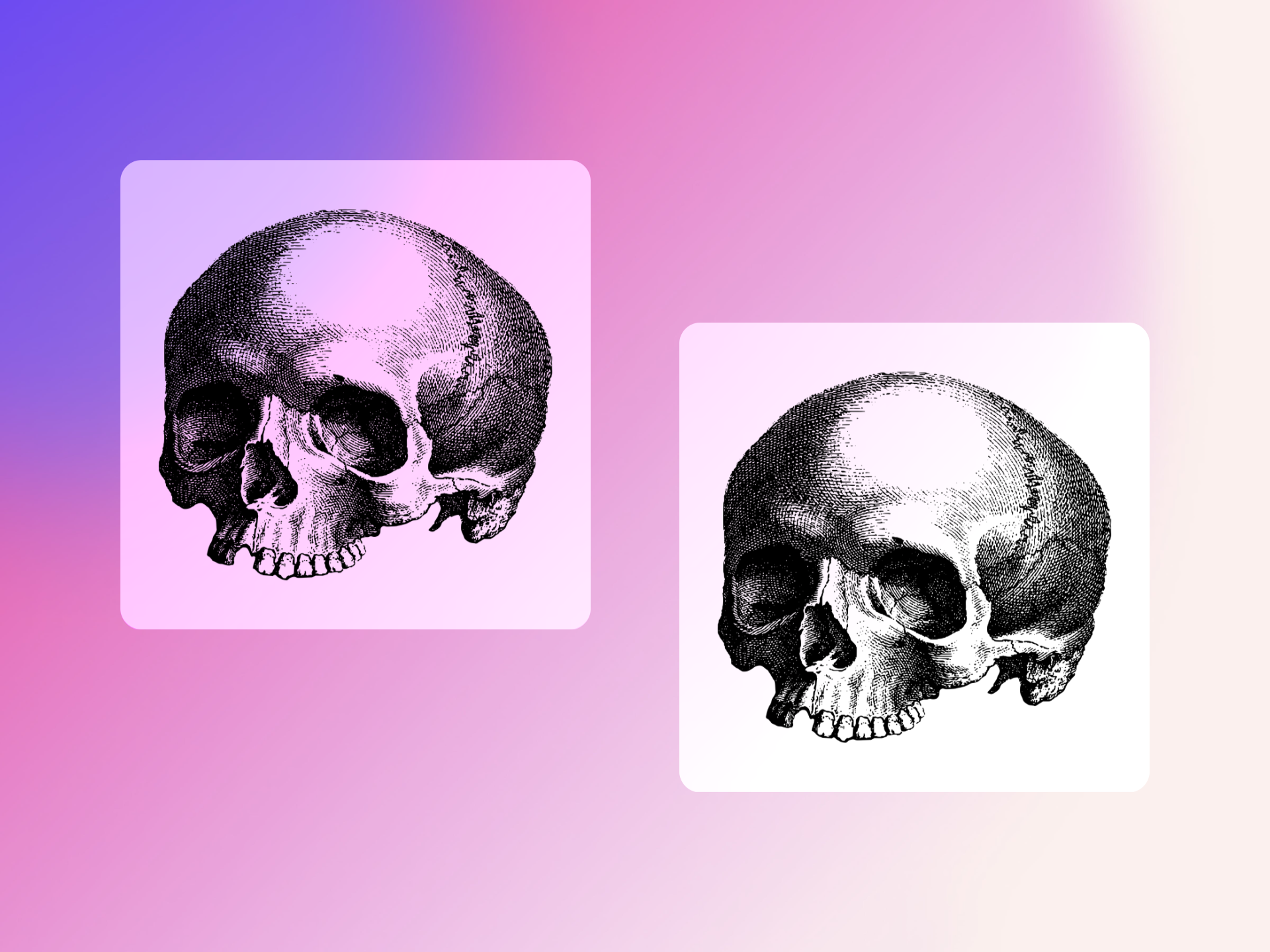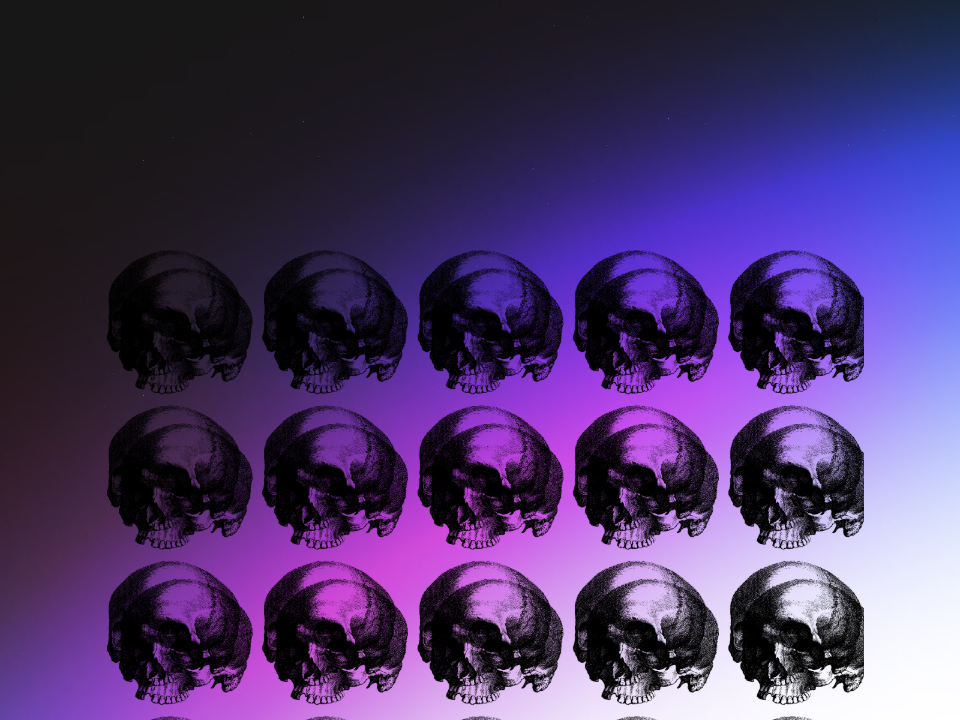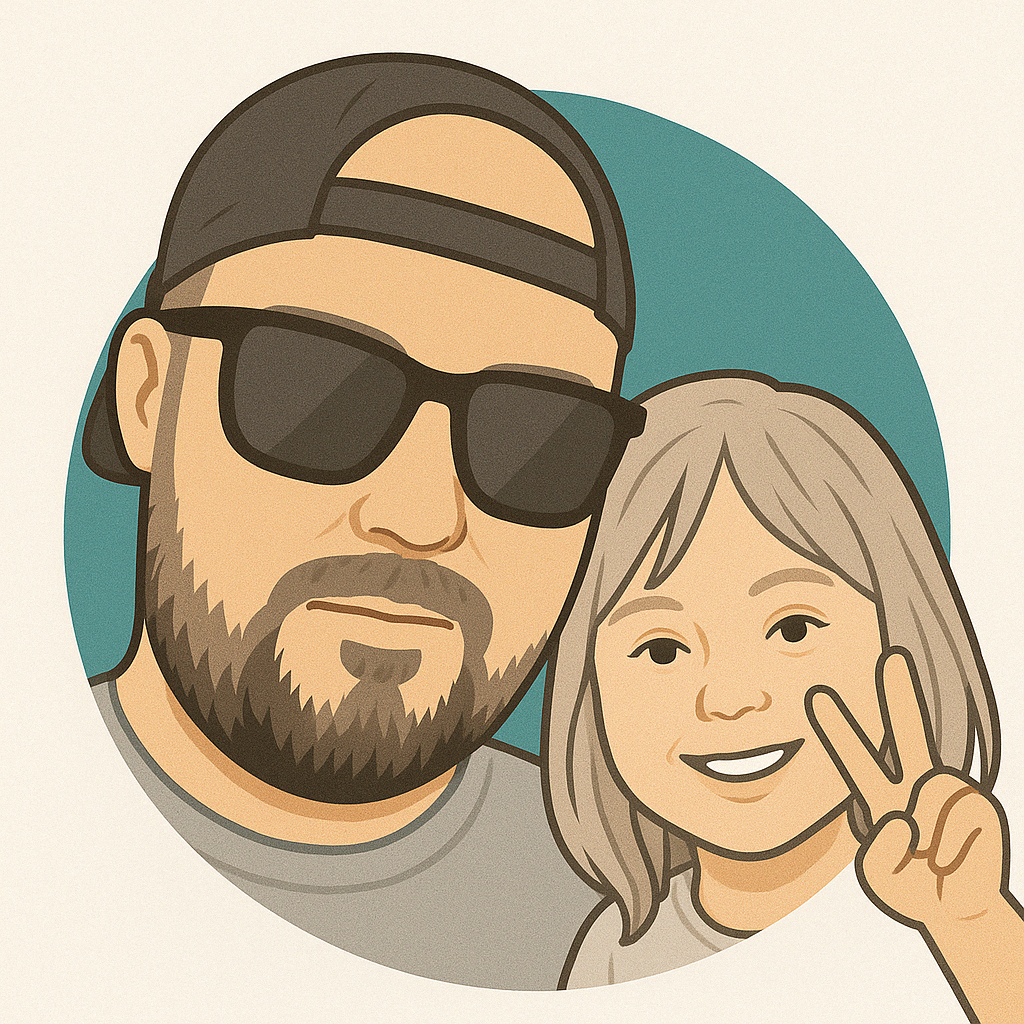Update: As of January 5, and according to CNN, Meta are scrambling (and struggling) to remove the AI profiles they created.
Meta’s big idea to flood Instagram and Facebook with AI-generated characters sounds more like the plot of a sci-fi series than a smart move for social media.
They’re pitching it as the next big thing: these AI accounts will have bios, profile pictures, and the ability to churn out content.
They might even chat with you, all while pretending to be relatable. But let’s be real—this feels more gimmicky than groundbreaking.
My big question is, who’s actually asking for this? Maybe Meta figures the average user isn’t too clued up on AI, making it easier to slip into their feeds.
Meta’s selling point? Making their platforms more "entertaining and engaging."
But is that what we really want?
This concept isn't entirely new. Hundreds of thousands of AI characters have already been created. But there's no reason to believe there's a market for this outside of a small group of people.
While some creators are using AI tools to tweak real-world content, Meta seems keen on taking things a step further—rolling out AI assistants, text-to-video tech, and even AI avatars that can video-call you in a creator’s “style.”
They’re betting everything again, hoping for a better outcome than their previous venture into the metaverse.
My big question is, who’s actually asking for this? Maybe Meta figures the average user isn’t too clued up on AI, making it easier to slip into their feeds.
The bigger worry is how much this could dilute authenticity. Social media’s already a tricky place to separate reality from fiction, and now we’re going to have bots joining the party?
Becky Owen, a former Meta insider, points out a glaring issue: these AI characters could overwhelm platforms with lifeless, low-quality content.
It’s like spam with a fashionable AI makeover.
Worse, they miss what makes real creators special—genuine experience, emotion, and humanity. Or is the real issue that they mimic those traits, borrowing from actual human experiences and emotions?
Who Are We Really Talking To?
And here’s where this story takes a darker turn: it feeds right into the Dead Internet Theory.
If you’ve not heard of it, the theory suggests much of today’s internet content is generated by bots or algorithms, not people. The rollout of AI personas across Meta’s platforms could add fuel to that fire.
If users can’t tell the difference between AI-generated interactions and real ones, does it matter anymore who’s behind the screen? The risk here isn’t just losing authenticity—it’s eroding trust in the idea that social media is a space for genuine connection.

Meta isn’t alone, either. TikTok is testing AI-driven advertising tools, while Snapchat leans into AI for augmented reality.
But this growing reliance on AI raises big questions: is the internet turning into an algorithmic echo chamber? Will real human voices get drowned out by legions of bots pretending to be us?
For believers in the Dead Internet Theory, Meta’s move might feel less like innovation and more like a grim prophecy coming true.
Meta’s gamble on AI characters might tick the engagement box, but it risks turning social media into an even emptier experience than it sometimes feels now.
And then there’s the issue of misinformation. AI-generated profiles could easily become tools for spreading dodgy narratives. Sure, Meta says AI content will be labeled, but let’s not forget how well social media giants have handled moderation in the past.
It’s hard to feel reassured when it seems like platforms are chasing engagement metrics at any cost.
Let’s not overlook the human creators here, either. Platforms like TikTok and Snapchat are already offering AI tools for creators to spice up their work from AI-powered video editor software to filters that enhance production quality.
That’s fine when it’s used to enhance human creativity—whether through a background noise remover that polishes audio quality or AI tools that streamline editing—but the slippery slope to replacing it is concerning.
What happens when AI personas become the preferred “creator” because they can churn out endless content without needing payment, breaks, or creative direction?

Social media is already oversaturated with stuff to scroll through—do we really need more? Instead of dumping AI into the mix, maybe the focus should be on improving the quality of engagement with the human creators and content we already have.
Meta’s gamble on AI characters might tick the engagement box, but it risks turning social media into an even emptier experience than it sometimes feels now.
What does this mean for designers and creatives? It’s a reminder to think critically about how we balance innovation with authenticity. Because no matter how clever an algorithm gets, it can’t replace the depth and relatability of real human creativity.
And if we let AI take over the internet, we might end up with a space that looks alive but feels dead.











